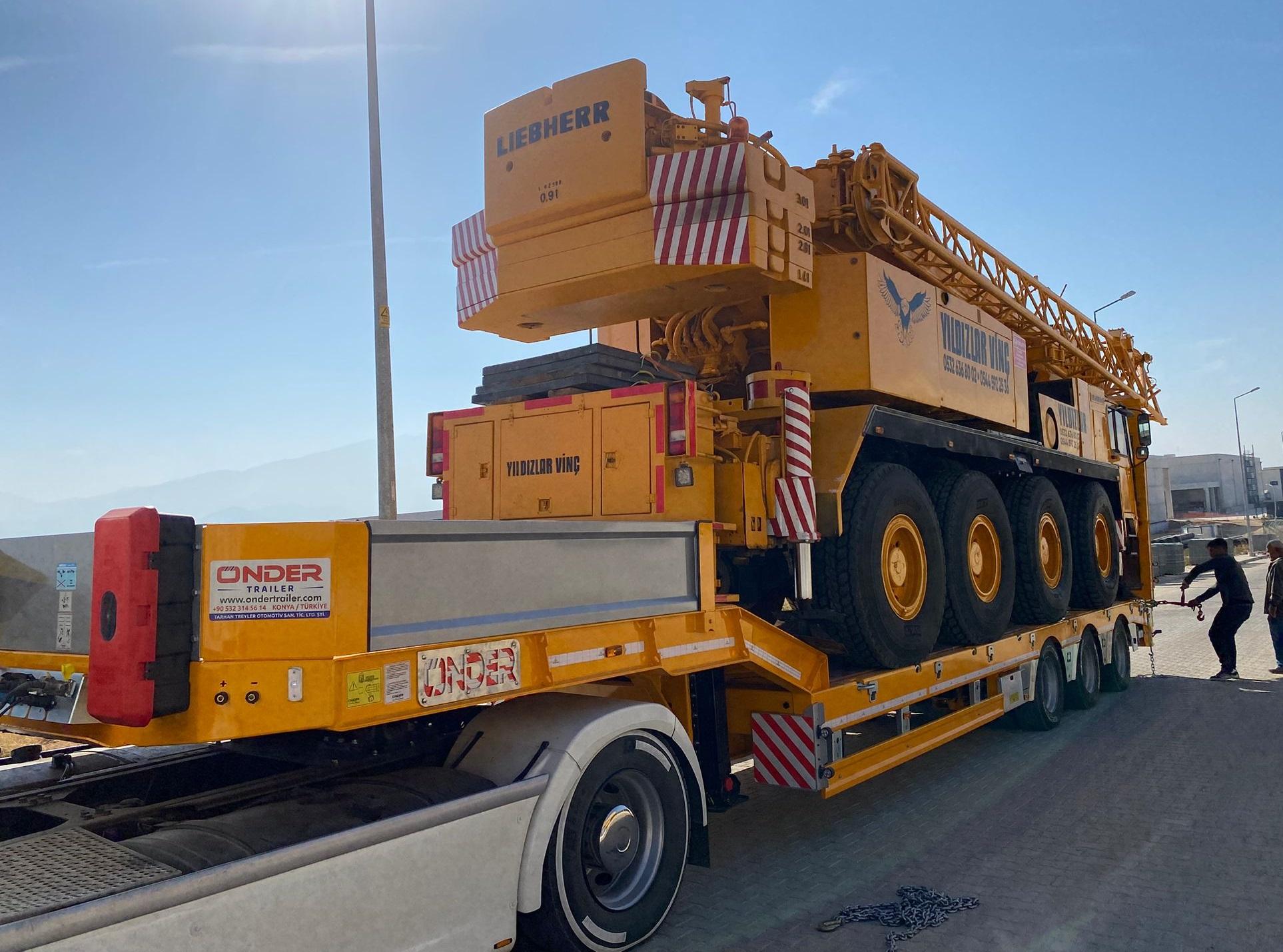Maximizing Trailer Performance: Importance of Maintenance and Best Practices
Mar 23/2024
Trailers are among the most critical components in the transportation and logistics sectors for moving goods efficiently. However, regular maintenance and inspection are essential to ensure trailers operate safely and reliably. In this blog post, we will explore the importance of trailer maintenance and outline the key elements of an effective maintenance process.
The Importance of Routine Maintenance:
Trailers are designed to carry heavy loads and endure harsh road conditions. These demanding tasks inevitably cause wear and tear over time. Routine maintenance is vital for identifying potential failures and safety issues early, helping to prevent unexpected breakdowns and reduce long-term costs.
Tire Maintenance and Inspections:
Tires are one of the most crucial components of a trailer and require regular attention. Maintaining proper tire condition, air pressure, and overall health is essential for safe driving and load support. Incorrect air pressure can lead to premature tire wear and reduced fuel efficiency. Additionally, tire rotation and balancing are important aspects of comprehensive trailer maintenance.
Brake Systems and Lighting Inspections:
Trailer brake systems play a critical role in the safe transport of heavy loads. Regular inspections and timely replacement of brake pads and discs are necessary to ensure safety. Equally important are lighting systems—brake lights, turn signals, and other illumination must be checked frequently to guarantee visibility and road safety.
Load Capacity and Balance Checks:
Adhering to the trailer’s maximum load capacity and ensuring proper load balance are key factors for safe transportation. Overloading can cause structural damage and safety hazards, while balanced load distribution improves trailer stability and handling.
Seasonal Maintenance and Emergency Preparedness:
Seasonal maintenance helps trailers withstand varying weather and road conditions. For example, brake and lighting systems require thorough inspection before winter, while summer calls for extra precautions to prevent tire overheating. Keeping an emergency kit onboard enables quick response to unforeseen issues during transit.
Conclusion:
Regular trailer maintenance is fundamental to safe and efficient transportation. Routine inspections and upkeep extend trailer lifespan and reduce operational costs. From brake systems and tire care to lighting checks and load management, attention to these critical areas ensures smooth, safe, and reliable transportation for trailer owners and operators alike.
